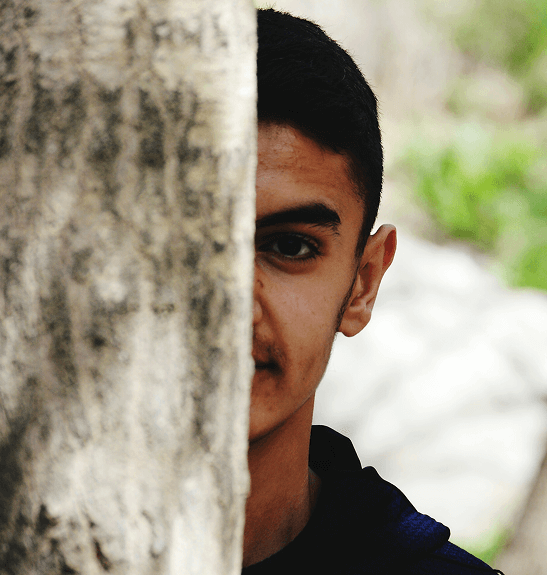Help Spread Awareness
Knowledge saves lives. Share this page with your network and be a voice for the
voiceless.
Learn the signs. Know the facts. Help stop trafficking in all its forms.
A crime that hides in plain sight — targeting the most vulnerable.
Human trafficking is the illegal trade of people for exploitation, including forced labor, sexual abuse, and child exploitation. It’s a serious crime and a violation of human rights that continues to grow in silence.
In Pakistan, men, women, and children fall victim to traffickers through deception, poverty, and coercion. Bahifazat is here to educate the public so communities can recognize and report these crimes.
Trafficking in Numbers
Exploitation of children for labor, illegal adoption, or abuse. Often masked as domestic help or street begging.
Men, women, and children are made to work in brick kilns, factories, or farms with no pay and under threat or violence.
Victims, often women and girls, are forced into prostitution or sexual abuse through blackmail, threats, or fake promises of jobs.







Pakistan has national and international laws protecting citizens from Human trafficking and smuggling. Bahifazat helps you understand these laws in simple terms, so you can act if you see something wrong.
The Prevention of Trafficking in Persons Act (2018) provides legal protection to victims and strict punishment for offenders. Bahifazat helps simplify these laws so the public can take informed action.
Report it immediately through the Bahifazat app or call our official helpline. Your report can be anonymous and will be directed to trained authorities. Avoid direct involvement—just share what you’ve seen, and let the experts handle it safely.
Yes, it’s Safe
Yes, You Can
Knowledge saves lives. Share this page with your network and be a voice for the
voiceless.
Get the latest updates, stories of impact, and ways you can help delivered to your inbox.